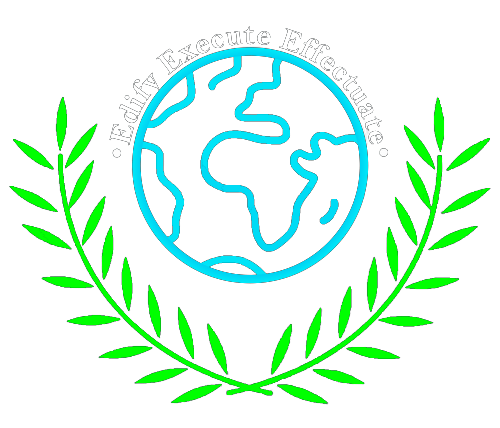Public–Private Partnerships in Indian Education: Equity, Access, and Sustainability
AUTHORS: Vishwaraj Chavan and Simin Qureshi This study examines the effect of Public–Private Partnerships (PPPs) on the upgrading educational systems at both levels in India, particularly on Case Studies Delhi, Andhra Pradesh, Maharashtra, the Bharti Foundation, and the National Model Schools project. Taking a case study research strategy, the study assesses PPPs against the criteria of affordability, accessibility, governance, and sustainability, and situates the research within the frame of the Sustainable Development Goals (SDGs 10, 11, and 16). The research validates that PPPs lower the initial capital requirement for the government and encourage private innovation while their equity records are mixed. Maharashtra’s ITI joint ventures that did use private sector finance sacrificed affordability for low-income students. Delhi’s PPP schools accelerated infrastructure development yet lacked strong enforcement of the EWS quota. Andhra Pradesh Model Schools and SALT initiative offered technological and institutional innovation while seen apprehensions on long-term viability. Bharti Foundation’s approach to development was extremely inclusive but was dependent upon repeated donations from donors. The study opines that PPPs in education are feasible if equity and accessibility is embedded in contract relationships and underpinned by open governance frameworks and timely funding. There should be longitudinal follow-up on endpoints in subsequent research, inter-state comparisons, and unconventional funding devices to ensure PPPs not only produce efficiency, but also equitable and persistent gains in schooling.
